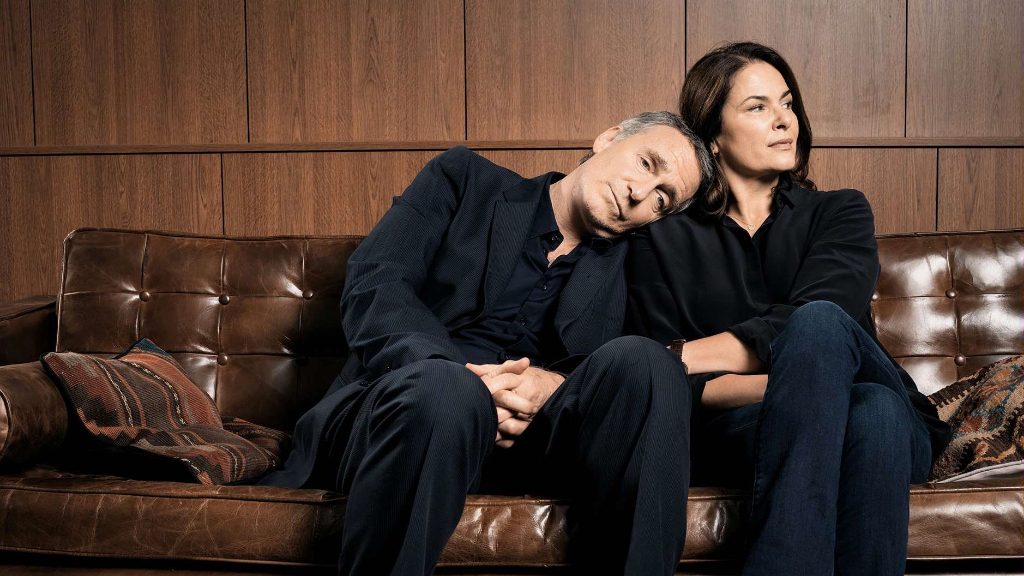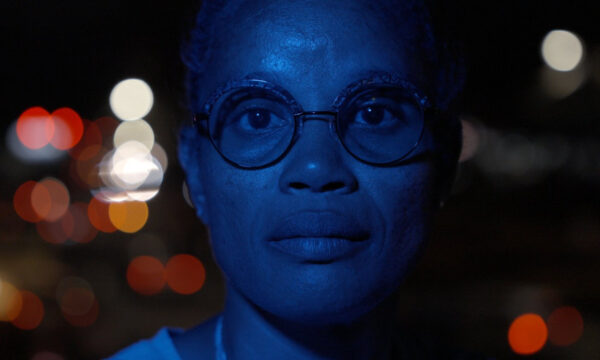What Doesn’t Kill Us (Was uns nicht umbringt)

Psychotherapy colours this mosaic of broken lives and frustrated love. In What Doesn’t Kill Us Sandra Nettelbeck takes an apparently ambivalent position on the benefits of Freud’s couch, but remains entirely sympathetic to her characters. This is a large ensemble, and naturally some of the pathetic cohort retreat into the shadows. Nettelbeck is too precious with her creations, too timid to cull the wretched figments.
Max Lang (August Zirner) – this gives a measure of the thematic subtlety – is divorced, therapist to his ex-wife (Barbara Auer) and essentially bereft. We’re introduced to his array of patients, all with their own idiosyncratic quirks, grievances and problems. Among them there’s a mourning lover, stately gravedigger, his conspiracy-obsessed sister, a forlorn author and widow. Some are presumably suffering from poor health and mental illness, but no one seems to take any medication. There’s one knowing joke about Max’s “doctor” status.
Max is shown to be saintly and upstanding, only flawed in that half-baked way, in a way that never truly disturbs or complicates. His main transgression – failing for a patient – appears as a big-hearted courtesy rather than a sublime instance of professional abuse. Mistakes made, pretences dissolved, the characters muddle through their social contract with one another. That you owe it to someone if they love you is the queasy thread stitched throughout.
Faulty equipment indicates fraught mental states: a broken faucet, sluggish window wipers. These must be fixed like their owners, a sentiment voiced earnestly. The dream sequences are cleverly woven into the daytime anguish, although the editing trick exhausts come the end. The final subversion is as eye rolling as it is predictable. The music is uniformly cringeworthy: the refrain of gambling for love a rousing call to arms for creeps everywhere.
This is a particularly convoluted, bloated and dissatisfying work, as is often the case when drawing together a large number of bodies. Neat and well intentioned to a fault, the film offers happy endings across the board. These are mawkish, of course, but also absurd and overwrought. There isn’t inexorable justice in wish fulfilment. It rings hollow. Hope is one thing – but illness is fact not theory, whatever R D Laing says.
Joseph Owen
What Doesn’t Kill Us (Was uns nicht umbringt) does not have a UK release date yet.
For further information about Locarno Film Festival 2018 visit here.
























Facebook
Twitter
Instagram
YouTube
RSS